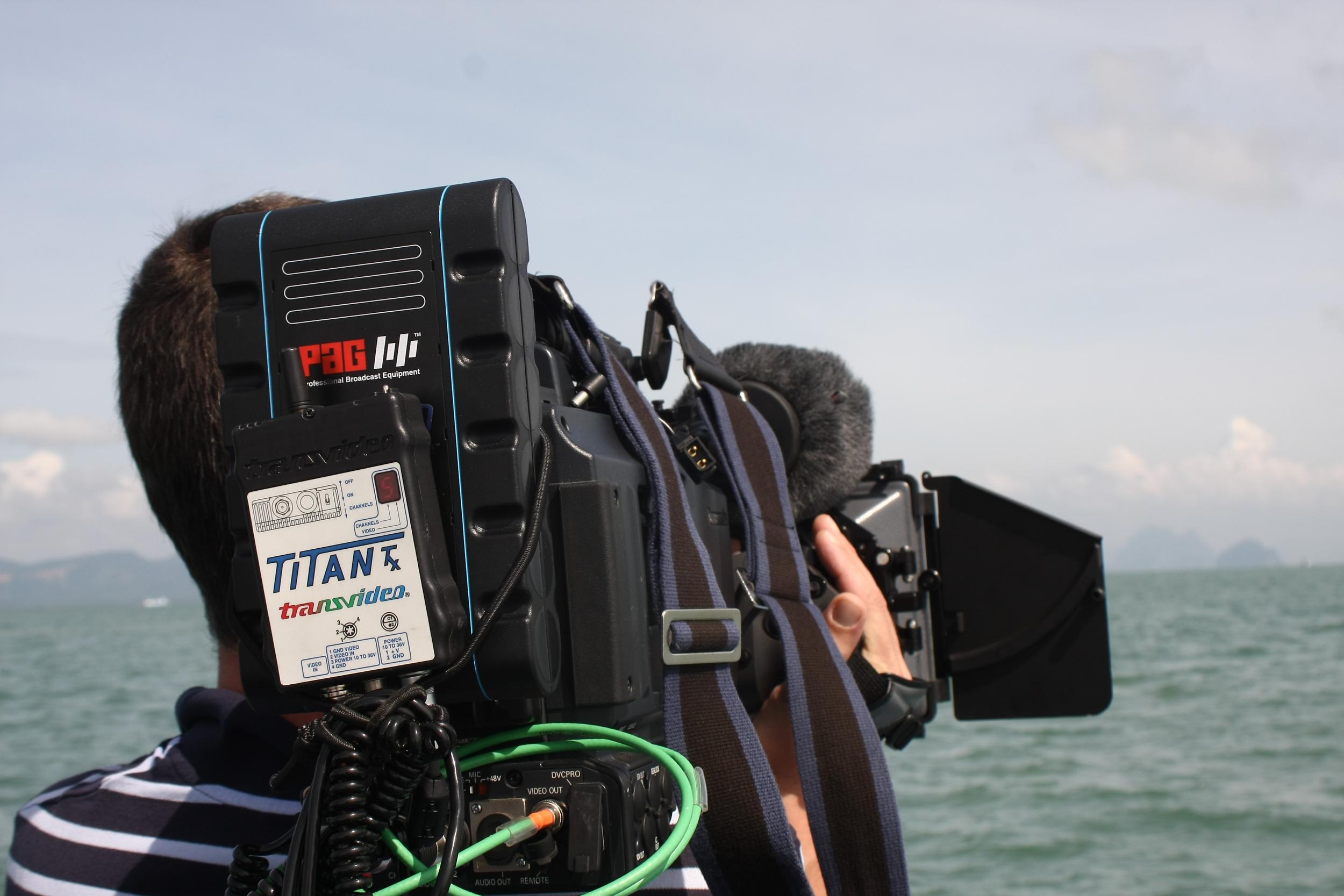The Independent's journalism is supported by our readers. When you purchase through links on our site, we may earn commission.
After the KLM flight diversion from an overheated phone, we need to talk about lithium batteries
Plane Talk: smoke, thankfully without fire, caused a diversion to Thailand
“At no time were passengers or crew in danger”: always a reassuring phrase when a flight goes awry.
But the statement put out by the Dutch airline KLM about Tuesday night’s flight 809 from Amsterdam to Kuala Lumpur raised concerns once again about the dangers posed to aviation by lithium batteries.
I surmise that just about every passenger was carrying at least one device – a smartphone, tablet or laptop – powered by a “Li-ion” battery.
While the Boeing 777 was at 39,000ft over the Bay of Bengal, “a passenger’s mobile phone overheated”, reported KLM.
“Smoke accumulated in the cabin. The crew handled the situation well and the captain opted to land the aircraft as a precautionary measure.”
Some passengers with time on their hands may have been delighted to make an unexpected lunchtime arrival on the beautiful island of Phuket. But I bet most were not.
By the time the incident had been investigated on the ground and the aircraft was released for departure, the crew were “out of hours”. Restrictions on their duty time meant they were unable to reach the Malaysian capital, a tantalising 437 miles further – barely an hour away.
The airline had to find hotel rooms, dinner and breakfast for the 300 or so people on board, and re-book their onward travel.
In addition, the flight was intended to continue with a different crew from Kuala Lumpur to Jakarta, then return to the Netherlands. More hotels had to be found for all the passengers waiting in the Indonesian and Malaysian capitals who had been hoping to board the Boeing back to Amsterdam.
The total cost of the “thermal runaway” ran into tens of thousands of pounds.
Everyone eventually arrived safely where they needed to be. But Adrian Young, senior aviation consultant for the Dutch consultancy firm, to70, says the incident draws attention to the wider risks of lithium batteries: “The increasing use of lithium-ion batteries in electronics creates a fire risk on board aeroplanes as such batteries are difficult to extinguish if they catch fire.”
Thermal runaway on the runway is alarming enough, let alone at 39,000ft, as KL809 was. But at least the device was in the cabin.
“Airlines worldwide are training their crews to fight any fires in the cabin,” says Mr Young.
“The challenge is keeping such batteries out of passengers’ checked luggage. Having the devices in the cabin is better than having them in the hold.”
In February, a spare battery belonging to a passenger on a Frontier Airlines flight from Orlando to Phoenix caught fire, causing another diversion.
In September 2016, following dozens of incidents in which Samsung Galaxy Note 7 phones caught fire, the manufacturer launched a recall.
In 2017 portable electronic devices were banned from aircraft cabins on flights from a number of Middle Eastern and North African countries to the UK and US, but that was due to fears about explosives being concealed in them.
Given the number of incidents of fire, could such devices simply be banned?
No, says Mr Young. “Devices with a lithium battery in them are such a part of modern life that the aviation industry will have to work out how to live with them.”

KLM is leading the way with the clearest rules I have seen.
“Do not pack any spare batteries in your check-in baggage.
“Bring your lithium battery-operated devices with you in your hand baggage.
“Keep an eye on your device while charging during the flight, never charge while sleeping.
“Remove the plug from the socket when you’re done charging during the flight.”
And if you have ever let your phone or tablet slip into the inner workings of a plane seat:
“Never move your seat if your device has slipped between the seat. Always call a flight attendant for assistance.”
You have been warned. Let’s hope everyone else on board has been, too.
Join our commenting forum
Join thought-provoking conversations, follow other Independent readers and see their replies
Comments
Bookmark popover
Removed from bookmarks